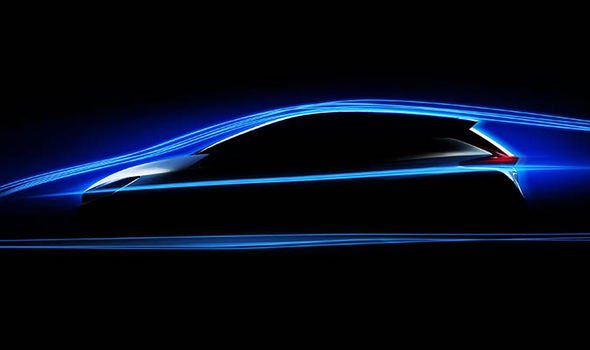(REPOST: icct)
This briefing reviews recent research regarding greenhouse gas emissions from the manufacturing of lithium-ion batteries for electric vehicles. We analyze this research in the overall context of life-cycle emissions of electric cars as compared to conventional internal combustion vehicles in Europe. Finally, we discuss the primary drivers of battery manufacturing emissions and how these emissions could be further mitigated in the future.

Electric cars are much cleaner than internal combustion engine cars over their lifetime. We find that a typical electric car today produces just half of the greenhouse gas emissions of an average European passenger car. Furthermore, an electric car using average European electricity is almost 30% cleaner over its life cycle compared to even the most efficient internal combustion engine vehicle on the market today. Plug-in hybrid vehicles, when driven on electric power for most trips, have lifecycle emissions similar to battery electric vehicles. In markets with very low-carbon electricity, such as Norway or France, electric vehicles produce less than a third of the life-cycle emissions of an average combustion-engine vehicle. This finding bolsters governments’ goals to promote electric cars as part of their decarbonization strategies.
Battery manufacturing life-cycle emissions debt is quickly paid off. An electric vehicle’s higher emissions during the manufacturing stage are paid off after only 2 years compared to driving an average conventional vehicle, a time frame that drops to about one and a half years if the car is charged using renewable energy. Approximately half of a battery’s emissions come from electricity used in the manufacturing process. Battery manufacturing emissions appear to be of similar magnitude to the manufacturing of an average internal combustion engine vehicle, or approximately a quarter of an electric car’s lifetime emissions. However, recent estimates of battery manufacturing emissions vary by a factor of 10, indicating the need for additional research in this field.


